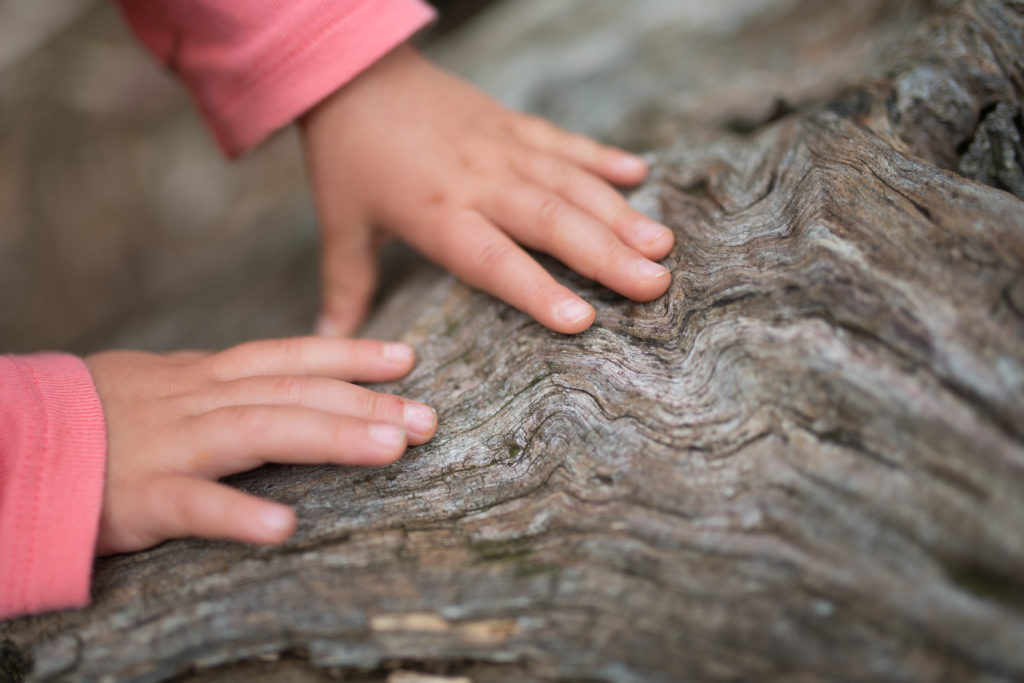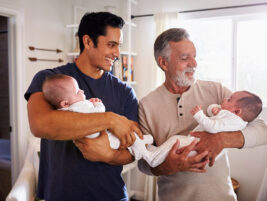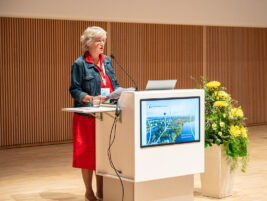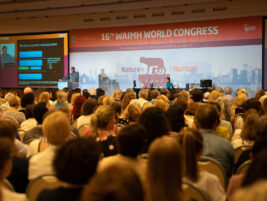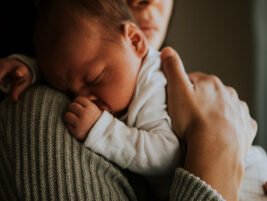Professor Michel Soulé died in Paris, February 2012, aged 85, from a long neurological disease which had kept this very active man confined to a wheel chair for several years. Michel Soulé would have loved to attend his own funeral, but he would have liked it to be a feast, or even better, a ‘bal costumé’. Like Huckleberry Finn, he would have loved to hear what was said of him, who was moved, who was not attending. He would have been pleased to see that in this Montparnasse cemetery we were very numerous, even though the temperature was minus 10 C. Almost everyone he had been able to teach, to enlighten and to put to work was there – members of a large, heterogeneous family.

Michel Soulé was a very special figure in the field of French speaking Child and Adolescent Psychiatry. He came from a family of mathematicians and scientists and started by preparing for admission to top engineering schools. He had a clearly organized, scientific mind, as well as a psychologically oriented one. This was obvious when dealing with him as a boss. He quickly moved to medicine, then to paediatrics, then to child psychiatry. He often said that when he did so his mother asked him, “ But what have we done to you?.”: He had Freudian psychoanalysis with Serge Lebovici, then became a training member of the Paris Psychoanalytical Society. After his residency, he was not named full professor, most probably because he was much too smart for his mentors. He therefore organized doe himself his own place for working , researching and training, as did Serge Lebovici and Léon Kreisler, his friends and colleagues, for the same reasons. The place was the Institut de Puériculture de Paris, in the 14 th district, with a clinic for infants and children, in a paediatric hospital. There, he opened the first day care unit for autistic and psychotic children. He developed liaison work with the NICU, one of France’s top ones for very low birth weight premature babies. He was fascinated by the work developed in the IPP with foetuses and family, in one of the earliest foetal medicine department, led by Fernand Daffos, the French pioneer of antenatal diagnosis and intervention. There, he helped the Daffos team reflect on ethical issues in this very new field, and explored the effect of ultrasound echography on parents’ minds.
Michel Soulé will be remembered for a lot of reasons, but the one of organising prevention and early services for infants in the community is a very special one indeed. He was able to recruit the help of a brilliant, young magistrate, Simone Veil, who became a very prominent politician and health minister to help him organize the first district based prevention and early intervention network for infants and families.
In addition, ,Michel Soulé organized a yearly meeting for infant, child & adolescent mental health professionals, over 25 years ago. He meant it as a crossroad between disciplines, where people came to learn, to reflect on new issues, to share resources , as well as to be amused and distracted from daily clinical work. What he established was beautiful – a special mixture of pleasure and work, with around 800 people attending each session. Many of these “Journées de la Guidance” were memorable. The first one was in 1973, focused on infant’s functional syndromes. It led to the writing of a still famous book by Michel Soulé, Michel Fain and Leon Kreisler on early psychosomatics. Another meeting was about parents in the NICU; another introduced T. Berry Brazelton ‘s work to the French public; another examined foetal medicine issues; and yet another was one on the effect of an autistic child on the parent’ s mental life. Michel Soulé was definitely the first psychoanalytically oriented child psychiatrist to raise the issue of autism in France.
In summary, Michel Soulé was quite a leader, a fantastic teacher, and a great organizer. He wrote a classic teaching book on child psychiatry, gathering contributions from all over France. He organized the first course in infant and child mental health, which was followed by legions of paediatrician, psychologists and child psychiatrist. At last, in 1985, he was named honorary Professor of Infant Psychiatry at René Descartes University (Paris V). He was extremely pleased with this recognition, even if it was quite late in life. He had a great ability to connect with children and adolescents, as he had kept something from his own childhood. He was curious and playful, loved to listen and to tell stories, to make jokes. He could not live without reading, without learning, and without music, particularly opera. He loved to travel, particularly in Italy, where he went as often as he could. He was a close friend of Graziela Fava and many Italian child psychiatrist and psychoanalysts. He stayed quite often in Trento to teach and work with the Fava’s, and he went more than 40 times to Venice.
Of special importance, Michel Soule was particularly helpful with the young child psychiatrists of my generation or a bit older. He told us how to teach and enlisted us in his clinical and scientific adventures. Though he did not speak English, he was very interested in the international landscape and was well known in South America, as well as in all French speaking countries. Michel Soulé took great interest in WAIPAD and was a member of the organising committee in the Lugano WAIPAD congress, along with Bob Emde, Bertrand Cramer, Hiram Fitzgerald, Serge Lebovici, Charley Zeanah, Kathryn Barnard.
We will remember his strength in front of his increasing handicap, of his willingness to live, to understand, to learn, without abdication. I miss him, we miss him.
Antoine Guedeney
Authors
Guedeney, Antoine,
France


